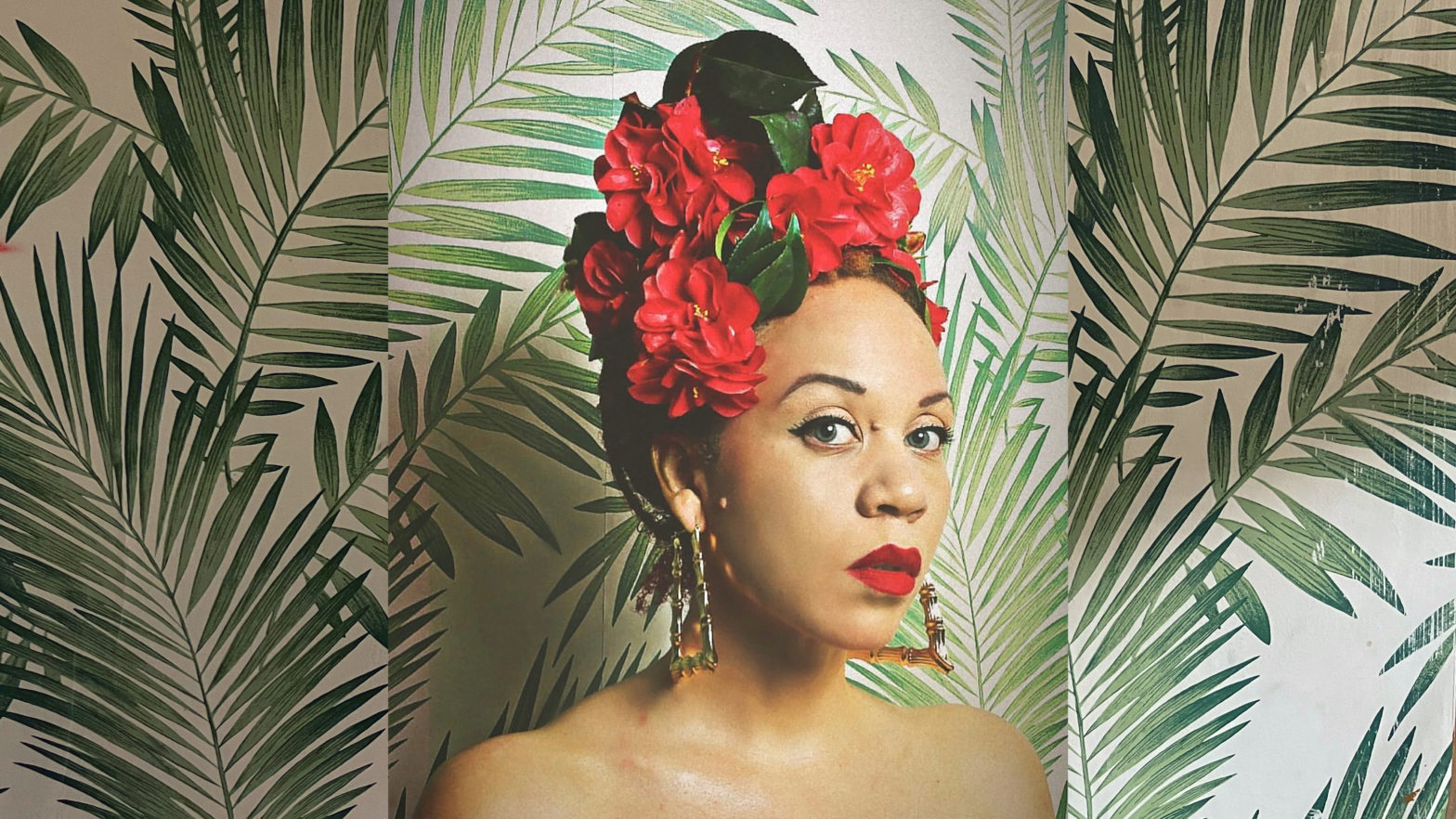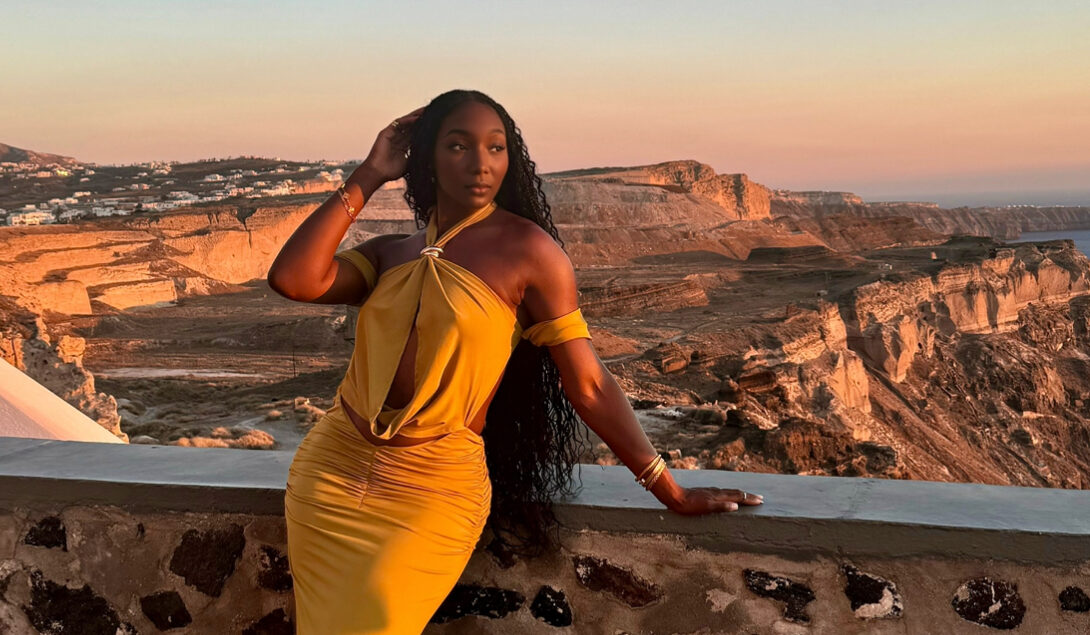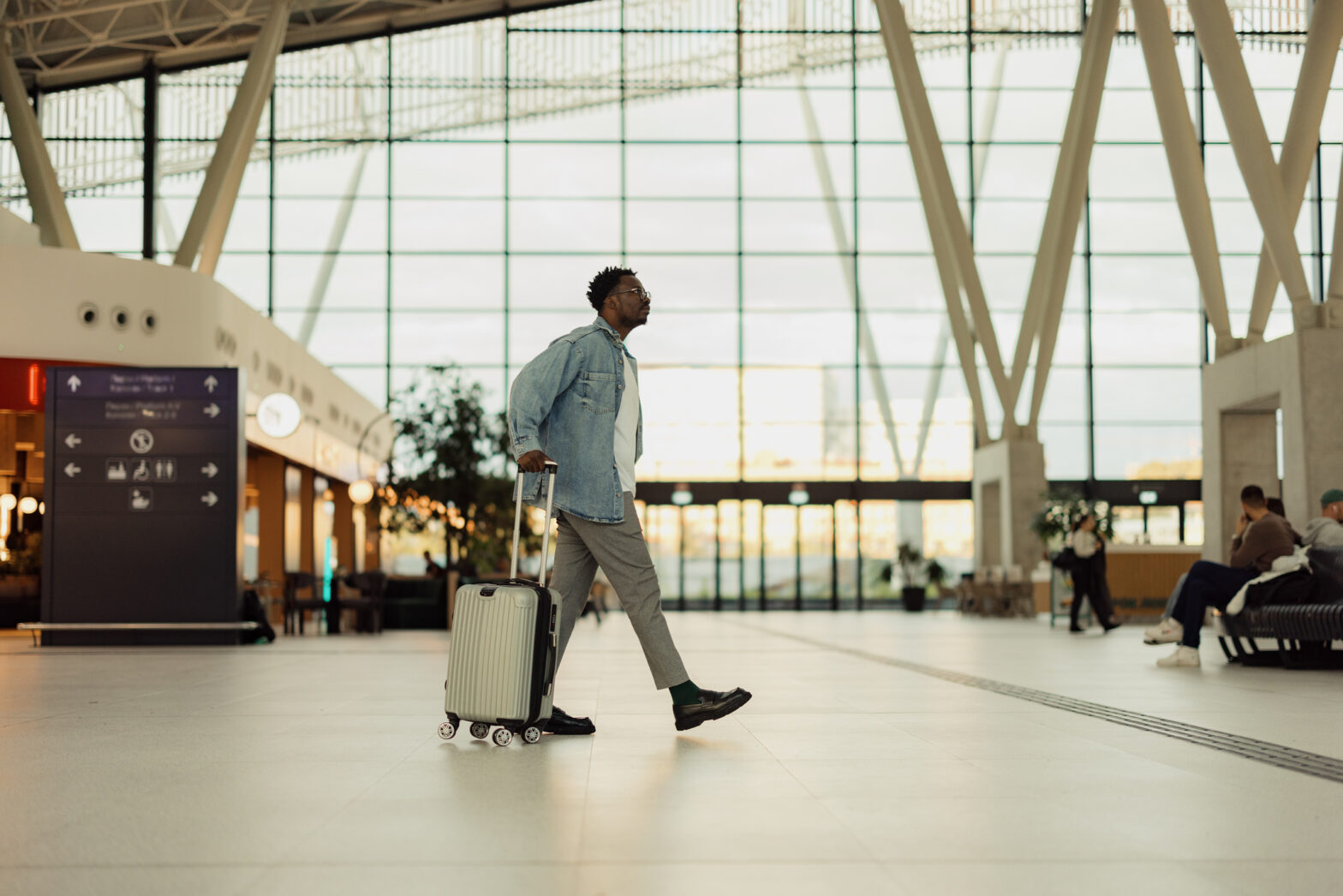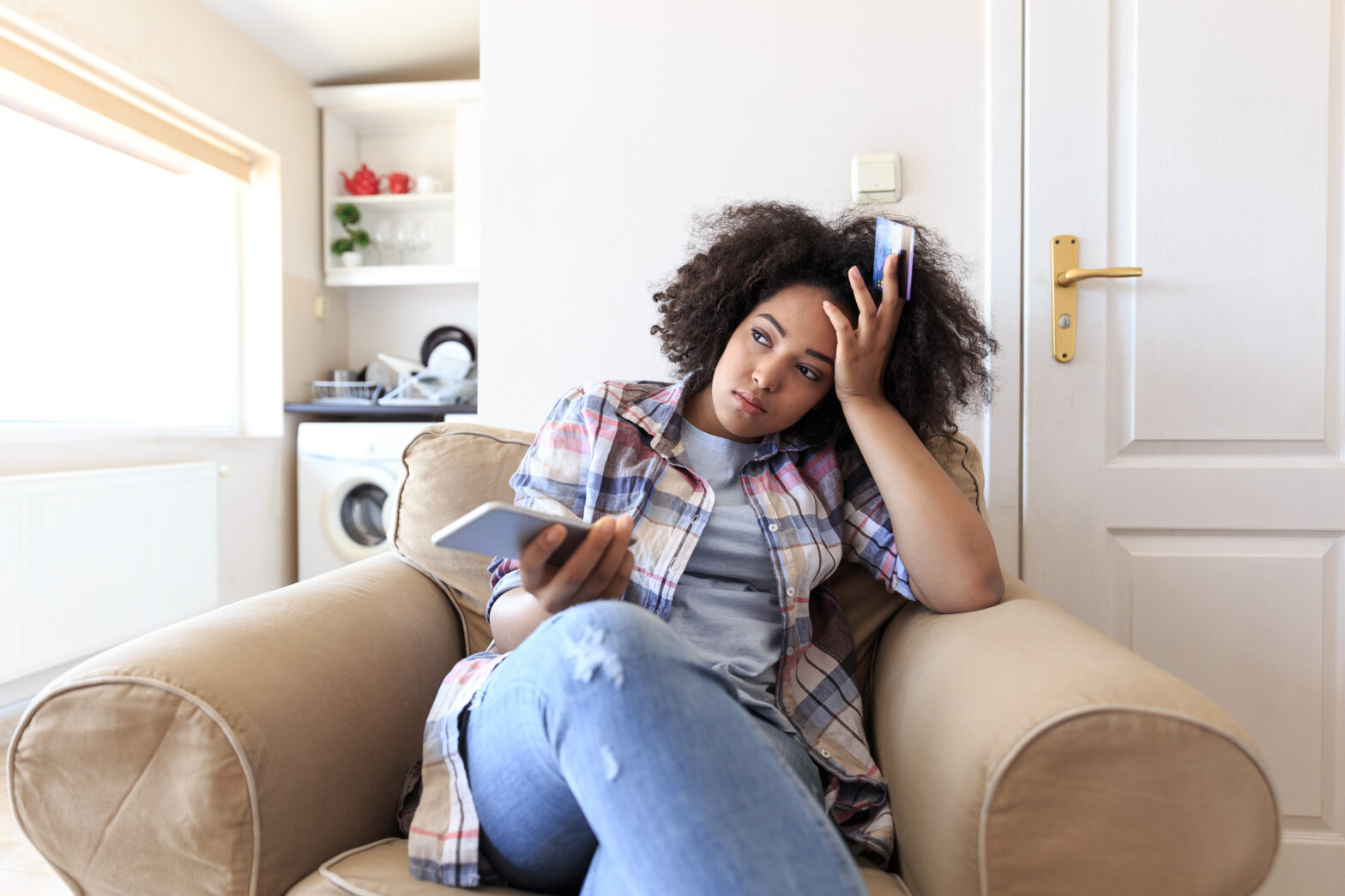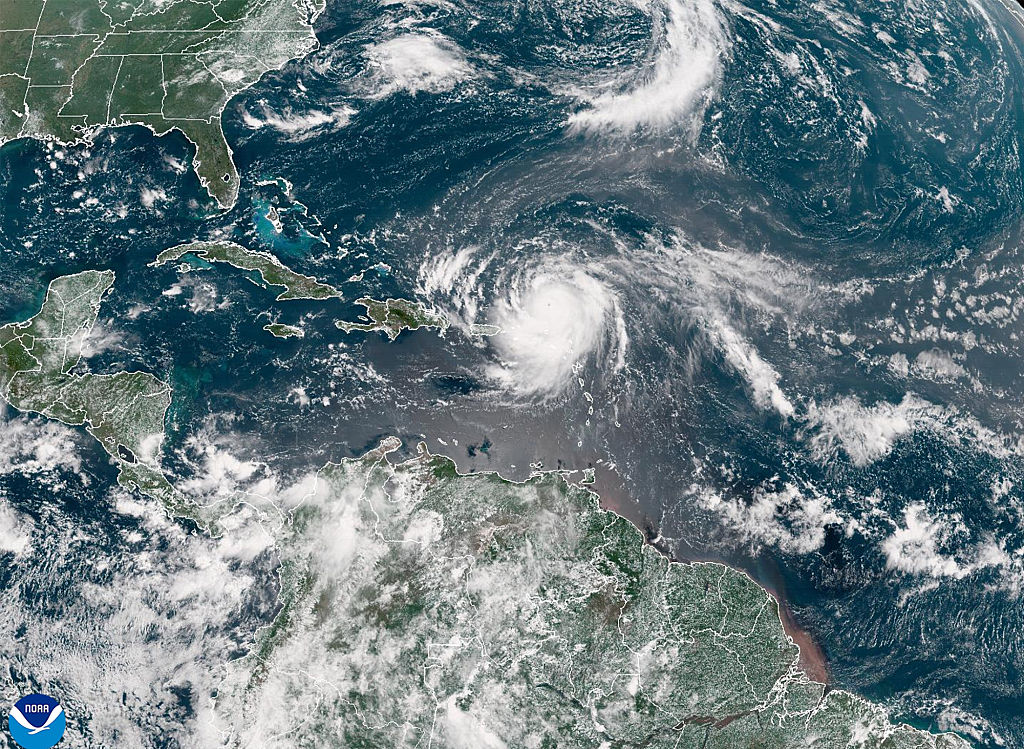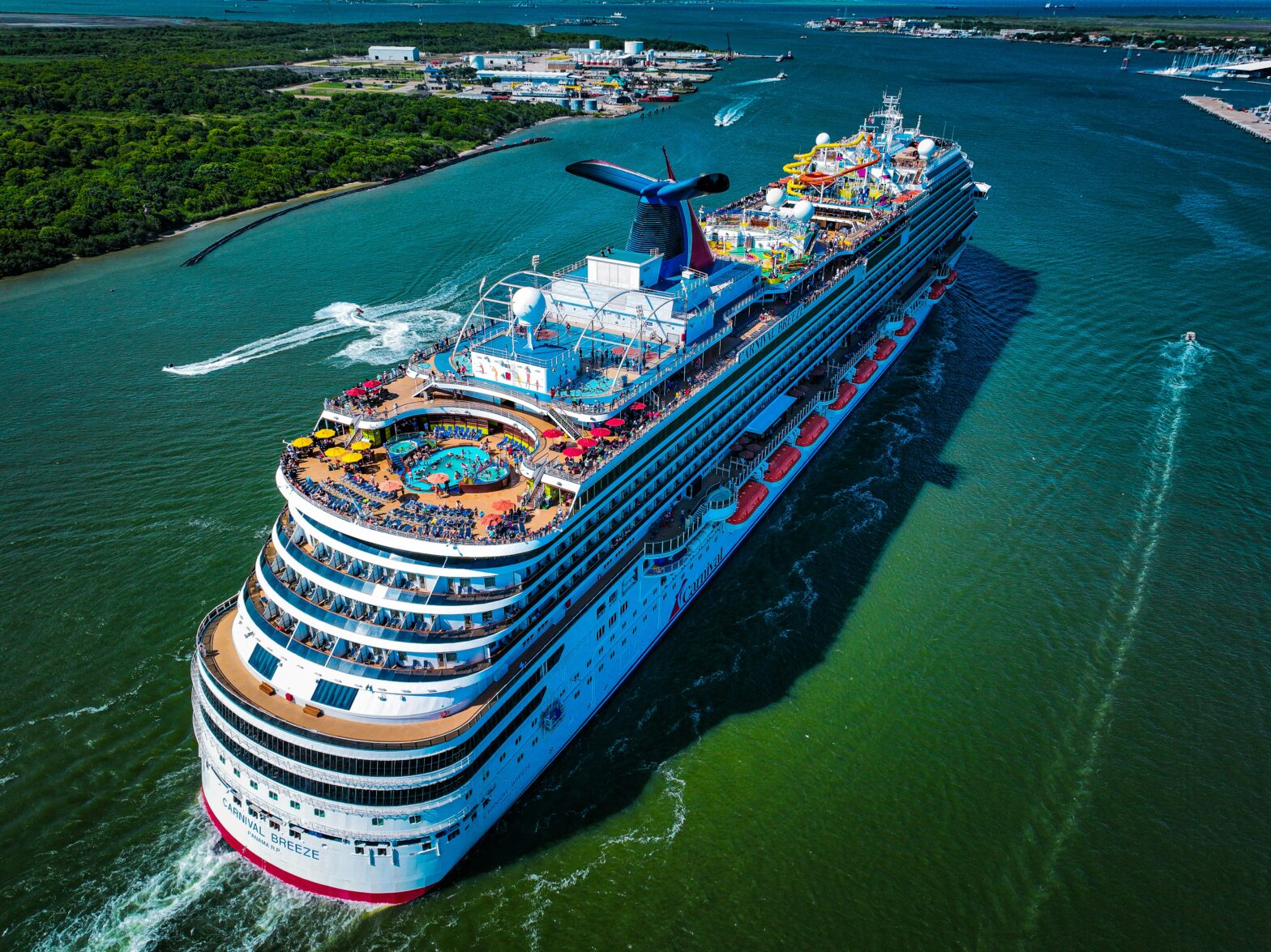Do you know much about hidden Caribbean history? ‘Know Your Caribbean’, the platform unapologetically dedicated to retelling and reclaiming Caribbean history, is here to change that.
As we continue in Black History Month, Fiona Compton, the great mind behind Know Your Caribbean shares her thoughts on Caribbean history, culture and badass moments that characterize the islands.
Could you introduce yourself for Travel Noire readers?
How would you describe the 'Know Your Caribbean' platform?
https://www.instagram.com/p/CXherlIKmZx/
Know Your Caribbean is a platform which aims to be the go-to for Caribbean history and culture, telling our stories that unpick colonial teaching and perspectives.
Colonialism has been hugely impactful in how we see ourselves (far less how we are seen by others) but it is a platform designed for us, a place to see ourselves, re-member ourselves, and re-connect ourselves. I do my best to balance our tough trauma of our past with digging deep to find that our joy always did and still exists today, and that the center of our survival is resistance.
What prompted you to create the platform?
Do you think Caribbean history is well-preserved across the Diaspora and/or in the Caribbean?
What kinds of topics can listeners expect on the Know Your Caribbean podcast?
All manner of things! I know what it’s like to be in a lecture, and I format the podcast not to feel that way. I throw in lesser known Caribbean music, and topics to shake things up, like our complicated relationship with Christianity, to finding out that Kalinago women (our indigenous people) were sharp shooting bad gyals who never missed a target.
I laugh, I curse (sometimes), I play devil’s advocate, but the number one goal is to leave you feeling empowered.
What are some of your favorite recent Caribbean historical/cultural wins?
That’s a tough one! But most recently in St. Lucia, an iconic beach that was sold off to golf developers, which is also a Kalinago sacred burial ground, was due to be converted into a golf course. The development was also designed to block off locals from being able to swim there.
This is an ongoing frustration for Caribbean people who are constantly losing their beaches and public spaces (like taking your kids to swim on a Sunday) to hotels who intimidate locals or block access entirely.
Thankfully due to cultural activism on the ground in Saint Lucia, we were able to convince the government to retract this development clause to allow permanent access to the beach for locals and to protect the ancestral burial ground.
This happened because we as a people rallied together, and our voices became stronger than the multi-million dollar development that was going to destroy our legacy and deny us from enjoying our own home. It’s a huge community win in my eyes.
